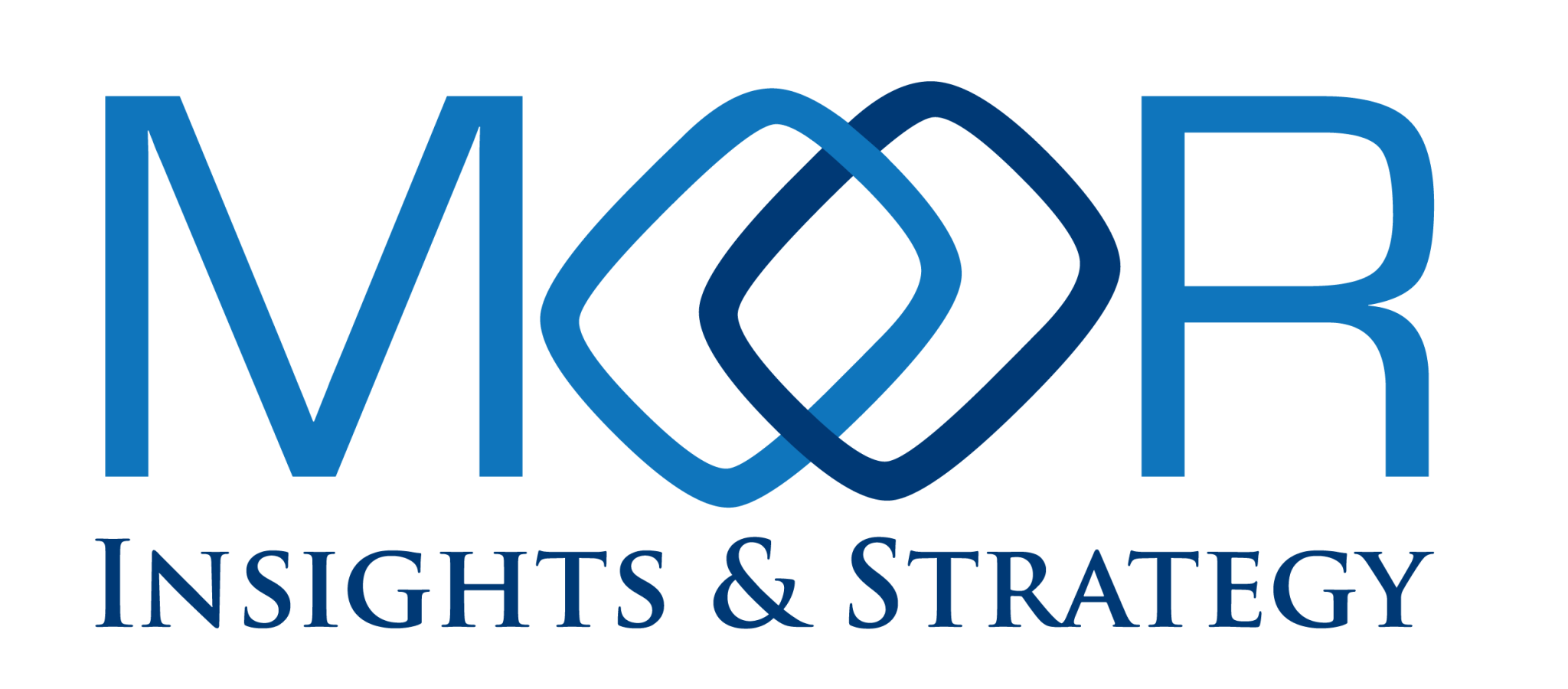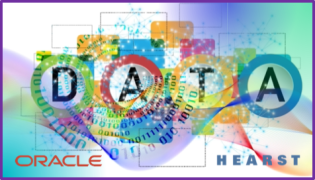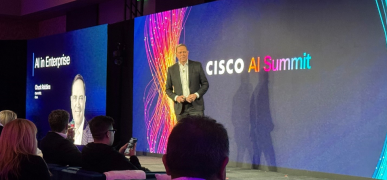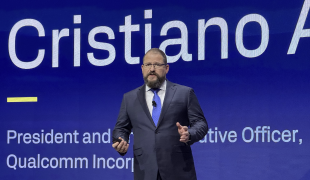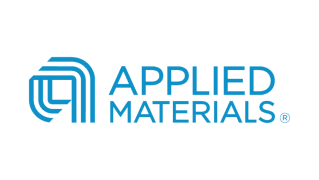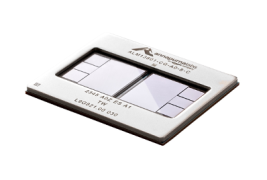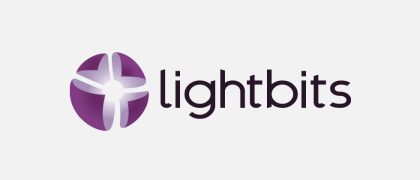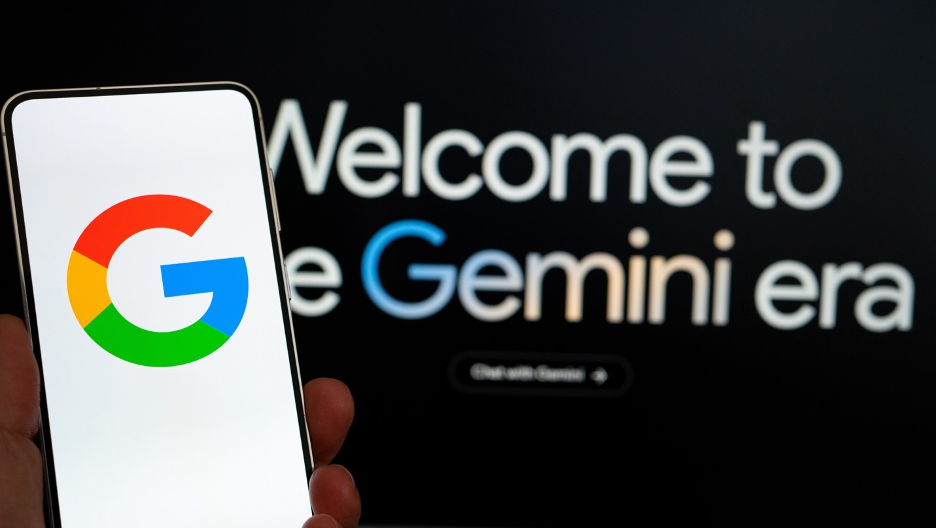
Alphabet, Google’s parent company (GOOG, GOOGL), delivered another strong quarter of top- and bottom-line growth in its first reporting quarter of 2024. Within the Alphabet portfolio, Search, YouTube, and Cloud led the performance.
On the earnings call, CEO Sundar Pichai outlined how the company is positioned for future opportunities. “We are well underway with our Gemini [AI] era, and there’s great momentum across the company. Our leadership in AI research and infrastructure and our global product footprint position us well for the next wave of AI innovation,” he said.
The financial results were announced just weeks after the company’s major industry event, Google Cloud Next, where it announced several new products and features. Below, I’ll recap the company’s Q1 2024 earnings as well as some of the significant announcements from Google Cloud Next.
Quarterly Performance Versus Expectations
Earnings Per Share: $1.89, up 61.5% year-over-year, versus $1.50 expected
Revenue: $80.5 billion, up 15% YoY, versus $78.8 billion expected
Other Key Q1 2024 Numbers
- Google Cloud revenue was $9.6 billion, up 28%, fueled by growth in Google Cloud Platform (GCP) with “an increasing contribution from AI and strong Google Workspace growth.” The company says the Workspace growth came primarily from increases in ARPU.
- Services revenue was $70 billion, up 14% YoY.
- Search and other revenues contributed $46.2 billion, a 14% increase YoY, led again by solid growth in the retail vertical with strength from APAC-based retailers.
- YouTube Ads revenue was $8 billion, up 21% YoY, driven by growth in both direct response and brand.
- Subscriptions, platforms, and devices revenue contributed $8.7 billion, an 18% increase YoY, driven again this quarter by strong growth in YouTube subscriptions.
- Network revenues declined 1% YoY.
Analyst Notes and Highlights from a Modern Work Perspective
It is not surprising to see the increased revenue driven by Google Workspace and the monetization of AI. The company shared some metrics on Workspace and Gemini adoption at the Google Cloud Next conference. Google Workspace is the world’s most-used productivity suite, with more than three billion active users globally. The company has also seen early success with its Gemini model. Google reports that more than 70% of users in Docs and Gmail who utilize “Help me write” accept Gemini’s suggestions. Over 75% of users who create images in Slides with the help of Gemini use them for presentations.
At Google Cloud Next, Google introduced Google Vids for short-form video creation and expanded Gemini’s reach to Meetings, Messaging, and security features within Workspace. Some significant improvements were also made to Google Meet that increased the number of participants, added noise cancellation to more devices, improved the experience on the Miro visual collaboration platform, and made file-sharing easier. Also, screenshare watermarking now protects any screenshare within Meet by adding visible text overlaid on content that’s traceable if shared.
In Docs, Google introduced Tabs to help users keep everything they need for a project, workstream, or team organized in one document. For me, Tabs is the thing I didn’t know I needed but will likely never live without going forward. In Sheets, the company introduced conditional notifications so users can stay updated on changes within a spreadsheet. For instance, specific rules such as “change in budget” can be set to trigger a notification to specific users so managers or team members are always in the loop.
Google has made significant advancements in its GAI capabilities with the release of Gemini 1.5 Pro and Imagine 2.0 at Cloud Next. These upgrades are already widely adopted, with over 1 million developers utilizing them in tools such as Vertex AI and AI Studio. Companies such as Bristol-Myers Squibb and Discover Financial, for example, use GAI to build better customer service agents and improve resolution times. Integrated with Google Search and enterprise data, Google’s GAI provides more tailored results for domain-specific queries.
From a security standpoint, Pichai boldly claimed that Workspace was the leader in cybersecurity for the productivity space. Gmail automatically blocks more than 99.9% of spam, phishing attempts, and malware from reaching inboxes. By using LLMs, the company says, it blocks 20% more spam and can evaluate 1,000 times more user-reported spam in Gmail daily.
Google made several other announcements at Google Cloud Next, including two add-ons for Workspace. The newly introduced AI Security add-on for Google Drive enhances data security and empowers IT teams to automatically identify, classify, and safeguard sensitive files across the organization. To me, touting a security add-on feels like selling a seatbelt for a car, especially for the “leader in cybersecurity.” Still, I do see use cases where companies such as financial institutions would need additional layers of safety.
The AI Meetings and Messaging add-on for Google Workspace aims to enhance accessibility and inclusivity in meetings and communication through features such as automatic notetaking, real-time caption translation, and conversation summaries. I see value in these features, particularly translation and the functions that make collaboration more accessible. Still, when companies such as Microsoft and Zoom include or give away these features for free, the upcharge from Google could be a hurdle for some.
That said, these add-ons, priced at $10 PUPM apiece, do exemplify Google’s strategic approach to monetizing AI and driving ARPU.
Google’s Pressures
- Google must continue adding capacity and building infrastructure to meet demand.
- The company is balancing efforts to slow expense growth with investments in revenue-growth opportunities.
- Google must overcome barriers to cloud adoption for some companies, such as costs and latency issues.
- The company must ensure that innovations in AI and Search continue to improve user experience and monetization without significant disruptions.
- Google must navigate general macroeconomic pressures that all market players are facing.
Looking Ahead
Analyst consensus for the current quarter (ending June 2024) places EPS between $1.51 and $1.85 and revenue between $79.04 billion and $85.18 billion. For the full year 2024, analyst consensus estimates EPS between $6.25 and $7.51 and revenue between $336.9 billion and $351 billion.
Alphabet’s Board of Directors also approved the launch of a cash dividend program, declaring a dividend of $0.20 per share to be paid on June 17, 2024, to shareholders of record as of June 10, 2024, across all classes of shares. The company says that it plans to continue paying quarterly cash dividends, subject to periodic review and approval by the Board of Directors.
Clearly, Google’s hefty AI bets are driving growth. These bets do come with hefty capital expenditures, and the company’s new dividends slightly decrease its cash on hand for investment into product development and acquisitions. However, the size of the dividend is unlikely to affect the company’s operations and appears to be more about appeasing the market. CFRA Research Senior Equity Analyst Angelo Zino called the $0.20 per share dividend “a small little olive branch for investors” on Yahoo Finance Market Domination Overtime.
In my coverage area of Modern Work, I have witnessed a marked improvement in the company’s GAI capabilities with Gemini (with the exception of issues in creating images), and I see a lot of promise in the new features introduced at Google Cloud Next. I look forward to watching Google continue to compete in the AI arms race—from the ongoing development of Gemini and what’s to come from its I/O conference in May to the potential transformation of Google Search in the “next wave of AI innovation.”
Related Recent MI&S Coverage of Google
The Six Five team discusses Google Cloud Next 2024 Event — By Patrick Moorhead — April 17, 2024
Gemini for Google Workspace – Hot Desk Podcast — By Patrick Moorhead and Melody Brue — February 26, 2024
RESEARCH NOTE: Alphabet (GOOG, GOOGL) Reports 2023 Q4 Earnings — By Melody Brue — February 1, 2024
Google Data Cloud Ignites A Generative AI Renaissance — by Robert Kramer — December 22, 2023
Google Cloud Next 2023 Simplifies Data — by Robert Kramer — November 15, 2023
Google Provides More Details On Its Cloud Generative AI Play At Next Event — by Patrick Moorhead — October 4, 2023
Expanded Partnership Brings OpenText Core Content To Google Workspace — by Melody Brue and Patrick Moorhead — September 14, 2023
Google Showcases ‘A Collaborative Partner’ In An AI-Powered Workspace — by Melody Brue and Patrick Moorhead — May 11, 2023
